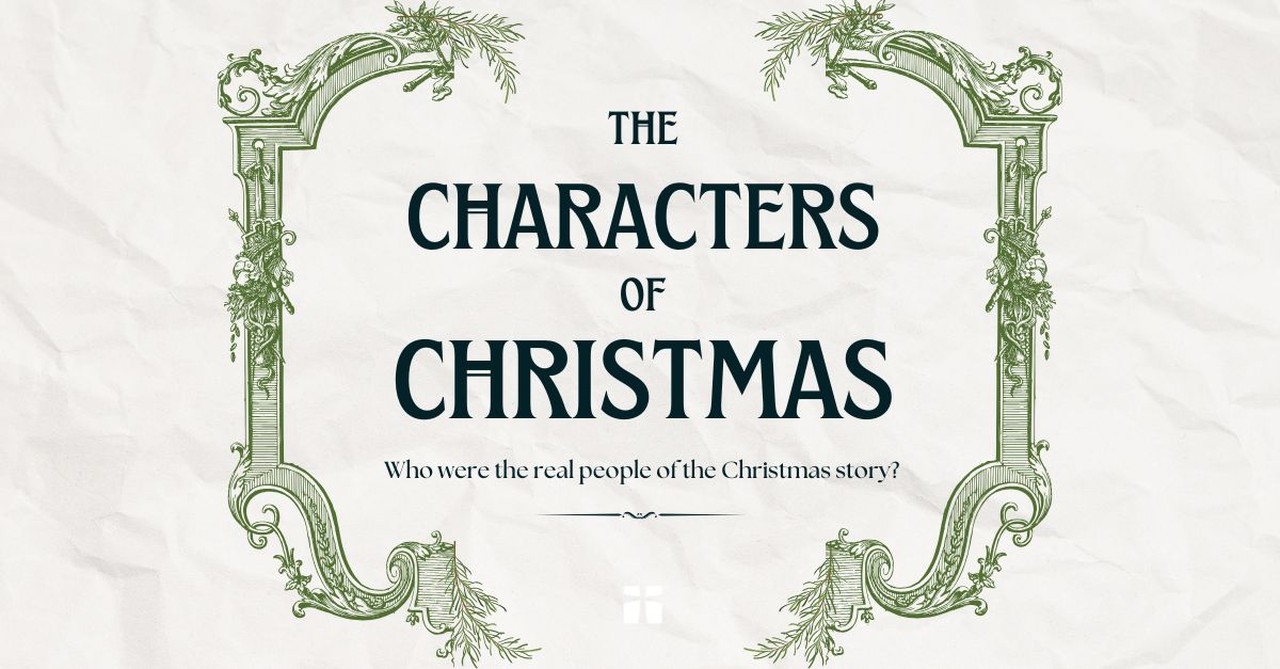Leviticus 1:10-17
10 And if his offering be of the flock, of the sheep or of the goats, for a burnt-offering, he shall present it a male without blemish. 11 And he shall slaughter it on the side of the altar northward before Jehovah; and Aaron's sons, the priests, shall sprinkle its blood on the altar round about. 12 And he shall cut it into its pieces, and its head, and its fat; and the priest shall lay them in order on the wood that is on the fire which is on the altar; 13 but the inwards and the legs shall he wash with water; and the priest shall present [it] all, and burn [it] on the altar: it is a burnt-offering, an offering by fire to Jehovah of a sweet odour. 14 And if his offering to Jehovah be a burnt-offering of fowls, then he shall present his offering of turtle-doves, or of young pigeons. 15 And the priest shall bring it near to the altar and pinch off its head and burn it on the altar; and its blood shall be pressed out at the side of the altar. 16 And he shall remove its crop with its feathers, and cast it beside the altar on the east, into the place of the ashes; 17 and he shall split it open at its wings, [but] shall not divide [it] asunder; and the priest shall burn it on the altar on the wood that is on the fire: it is a burnt-offering, an offering by fire to Jehovah of a sweet odour.


.jpg)

Matthew Henry's Commentary on Leviticus 1:10-17
Commentary on Leviticus 1:10-17
(Read Leviticus 1:10-17)
Those who could not offer a bullock, were to bring a sheep or a goat; and those who were not able to do that, were accepted of God, if they brought a turtle-dove, or a pigeon. Those creatures were chosen for sacrifice which were mild, and gentle, and harmless; to show the innocence and meekness that were in Christ, and that should be in Christians. The offering of the poor was as typical of Christ's atonement as the more costly sacrifices, and expressed as fully repentance, faith, and devotedness to God. We have no excuse, if we refuse the pleasant and reasonable service now required. But we can no more offer the sacrifice of a broken heart, or of praise and thanksgiving, than an Israelite could offer a bullock or a goat, except as God hath first given to us. The more we do in the Lord's service, the greater are our obligations to him, for the will, for the ability, and opportunity. In many things God leaves us to fix what shall be spent in his service, whether of our time or our substance; yet where God's providence has put much into a man's power, scanty offerings will not be accepted, for they are not proper expressions of a willing mind. Let us be devoted in body and soul to his service, whatever he may call us to give, venture, do, or suffer for his sake.